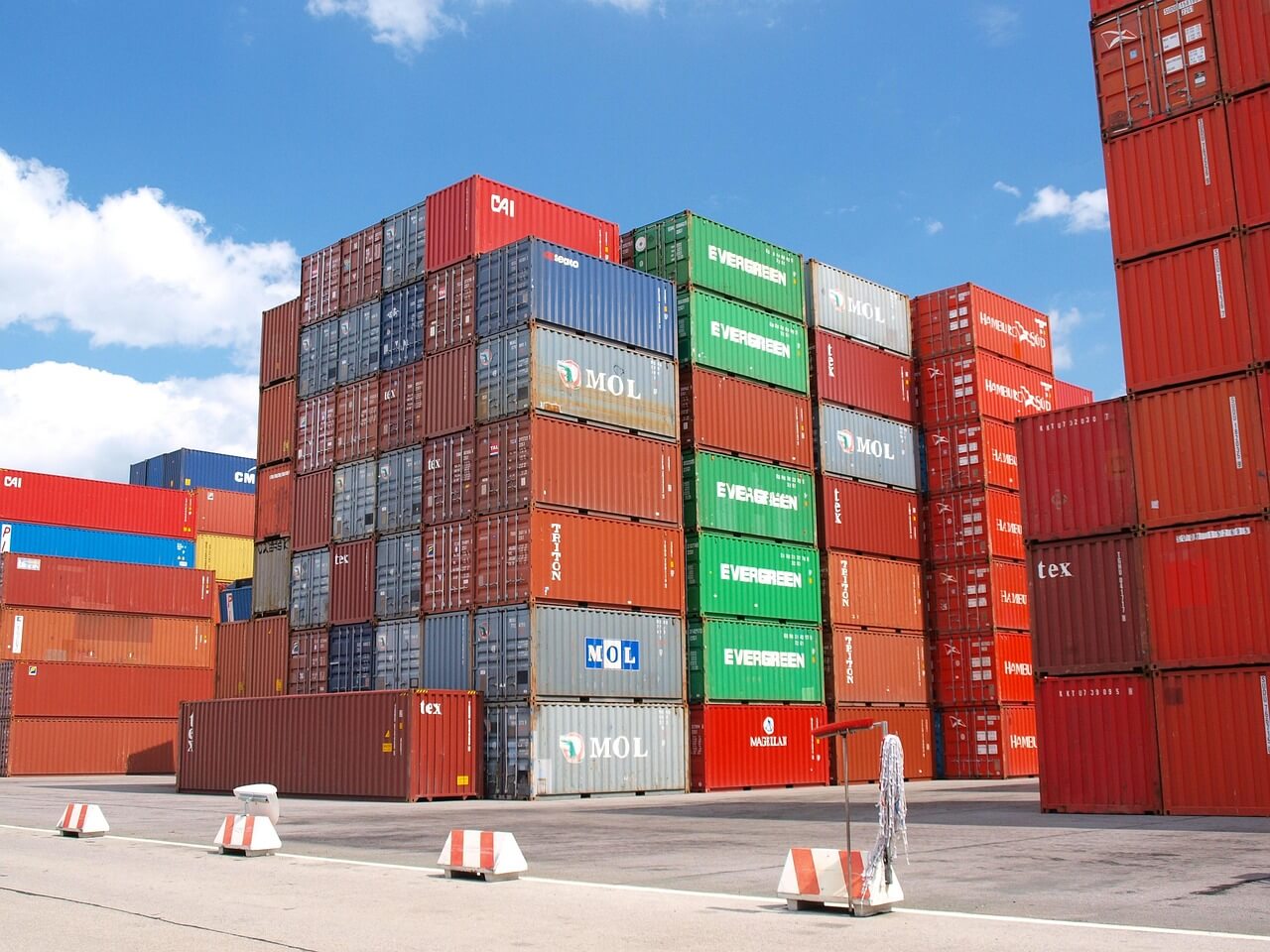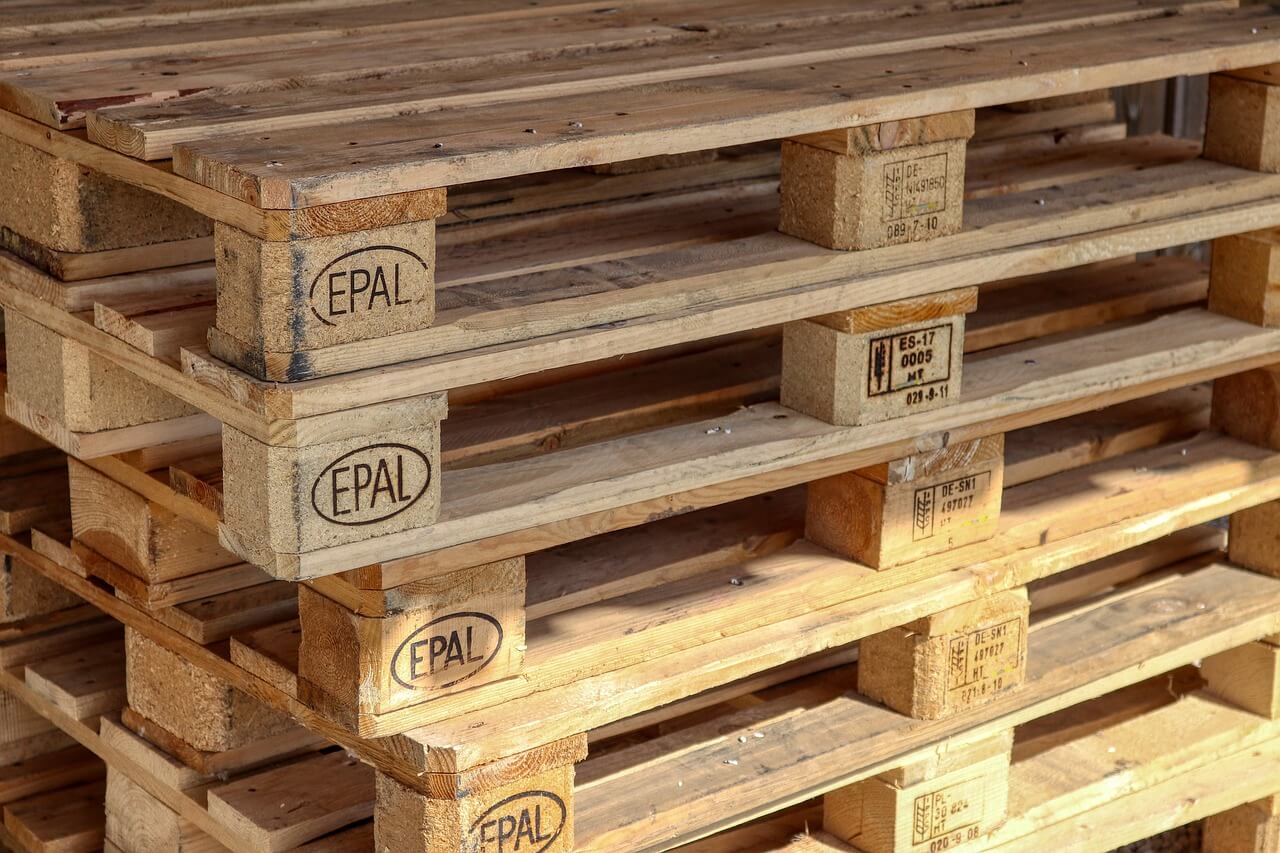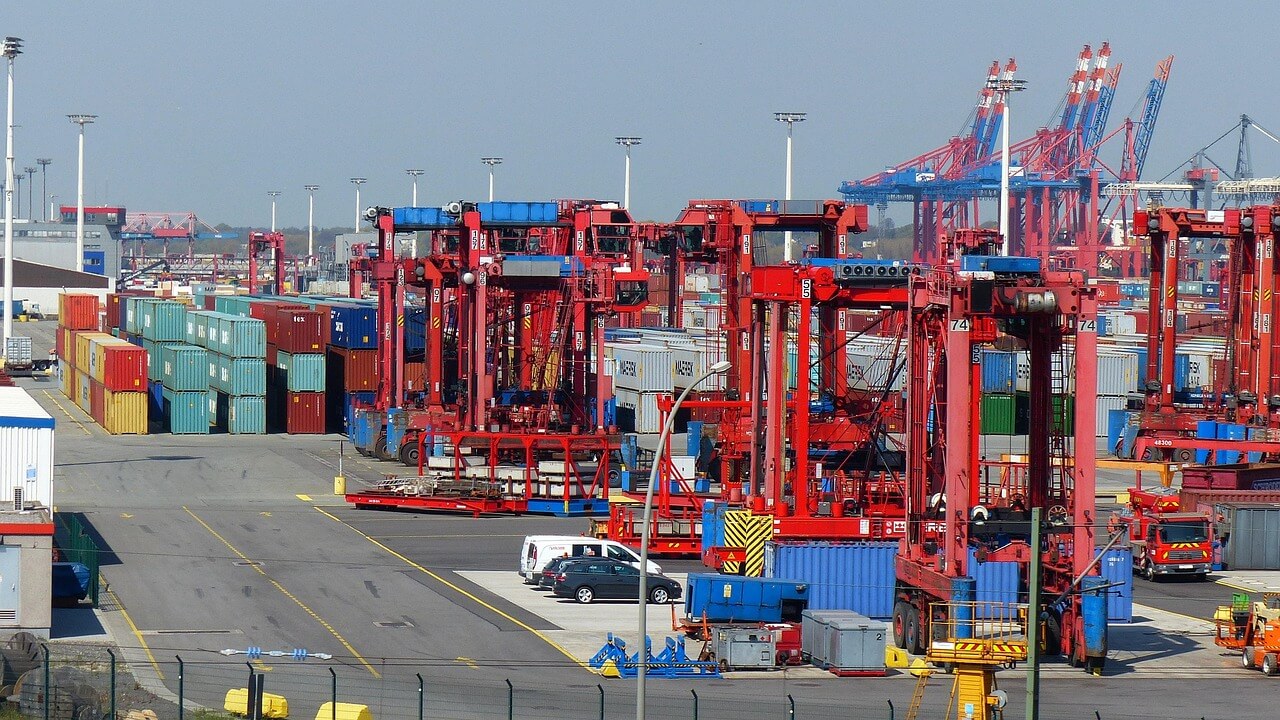
29
Apr
What do you need to prepare for international shipping of automotive parts in Qatar?
International Cargo Shipping of Automotive Components to Qatar: Preparation and Requirements
As the automotive industry in Qatar continues to grow, the demand for importing automotive components from various countries has also increased. This requires a clear understanding of the international shipping process and necessary preparations for a smooth and efficient cargo transportation. Here are the key elements to consider for shipping automotive components to Qatar:
1. Understanding the Market and Regulations: Familiarize yourself with Qatar's import policies, customs regulations, and standards for automotive components. This information is crucial for ensuring your products meet the market requirements and avoiding any delays or complications during the shipping process.
2. Documentation Preparation: Prepare all necessary documents required for customs clearance and shipping. This includes commercial invoices, packing lists, shipping contracts, insurance certificates, and any other relevant documents specific to automotive components. Ensure that all documents are accurate, complete, and comply with Qatar's customs regulations.
3. Quality and Safety Requirements: Ensure that your automotive components meet Qatar's quality and safety standards. Your products may require certification or approval from regulatory agencies in Qatar or from your country of origin. Prepare the necessary documents to demonstrate compliance with these standards.
4. Shipping Logistics: Choose a reliable shipping company with experience in handling automotive components. Consider factors such as shipping cost, transit time, and insurance coverage. Ensure that your components are properly packaged and labeled to prevent damage during transit.
5. Customs Clearance: Work with a customs broker or agent familiar with Qatar's customs procedures to ensure smooth clearance of your shipment. Provide all necessary information and documents to facilitate the clearance process and avoid any delays.
6. Compliance with Local Laws: Make sure your company complies with all applicable laws and regulations in Qatar related to import-export of goods, including labor laws, environmental regulations, and intellectual property rights.
7. Communication and Coordination: Maintain effective communication with your suppliers, logistics providers, and customs authorities to ensure smooth coordination during the shipping process. Address any issues or concerns promptly to avoid delays or complications.
In summary, shipping automotive components to Qatar requires a thorough understanding of the market and regulations, preparation of necessary documents, compliance with quality and safety standards, selection of a reliable shipping company, smooth customs clearance, compliance with local laws, and effective communication and coordination. Proper planning and preparation can ensure a smooth and efficient international cargo shipping process for your automotive components to Qatar.
As the automotive industry in Qatar continues to grow, the demand for importing automotive components from various countries has also increased. This requires a clear understanding of the international shipping process and necessary preparations for a smooth and efficient cargo transportation. Here are the key elements to consider for shipping automotive components to Qatar:
1. Understanding the Market and Regulations: Familiarize yourself with Qatar's import policies, customs regulations, and standards for automotive components. This information is crucial for ensuring your products meet the market requirements and avoiding any delays or complications during the shipping process.
2. Documentation Preparation: Prepare all necessary documents required for customs clearance and shipping. This includes commercial invoices, packing lists, shipping contracts, insurance certificates, and any other relevant documents specific to automotive components. Ensure that all documents are accurate, complete, and comply with Qatar's customs regulations.
3. Quality and Safety Requirements: Ensure that your automotive components meet Qatar's quality and safety standards. Your products may require certification or approval from regulatory agencies in Qatar or from your country of origin. Prepare the necessary documents to demonstrate compliance with these standards.
4. Shipping Logistics: Choose a reliable shipping company with experience in handling automotive components. Consider factors such as shipping cost, transit time, and insurance coverage. Ensure that your components are properly packaged and labeled to prevent damage during transit.
5. Customs Clearance: Work with a customs broker or agent familiar with Qatar's customs procedures to ensure smooth clearance of your shipment. Provide all necessary information and documents to facilitate the clearance process and avoid any delays.
6. Compliance with Local Laws: Make sure your company complies with all applicable laws and regulations in Qatar related to import-export of goods, including labor laws, environmental regulations, and intellectual property rights.
7. Communication and Coordination: Maintain effective communication with your suppliers, logistics providers, and customs authorities to ensure smooth coordination during the shipping process. Address any issues or concerns promptly to avoid delays or complications.
In summary, shipping automotive components to Qatar requires a thorough understanding of the market and regulations, preparation of necessary documents, compliance with quality and safety standards, selection of a reliable shipping company, smooth customs clearance, compliance with local laws, and effective communication and coordination. Proper planning and preparation can ensure a smooth and efficient international cargo shipping process for your automotive components to Qatar.
LEAVE YOUR COMMENT
categories
recentpost
-
 How can freight forwarders achieve efficient logistics and shipping from China to Tanzania?Apr 30,2025
How can freight forwarders achieve efficient logistics and shipping from China to Tanzania?Apr 30,2025 -
 What are the guarantee measures for transportation and transaction services from China to the UnitedApr 30,2025
What are the guarantee measures for transportation and transaction services from China to the UnitedApr 30,2025 -
 How is the international freight delivery service for transporting goods to Saudi Arabia?Apr 30,2025
How is the international freight delivery service for transporting goods to Saudi Arabia?Apr 30,2025 -
 What is the delivery time for international freight from China to Kenya?Apr 30,2025
What is the delivery time for international freight from China to Kenya?Apr 30,2025 -
 What is the customs clearance process for global land transportation from China to the United Arab EApr 30,2025
What is the customs clearance process for global land transportation from China to the United Arab EApr 30,2025 -
 Shipping Guide from China to Qatar: How to Calculate LCL Shipping Cost?Apr 30,2025
Shipping Guide from China to Qatar: How to Calculate LCL Shipping Cost?Apr 30,2025

